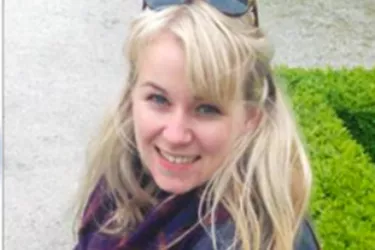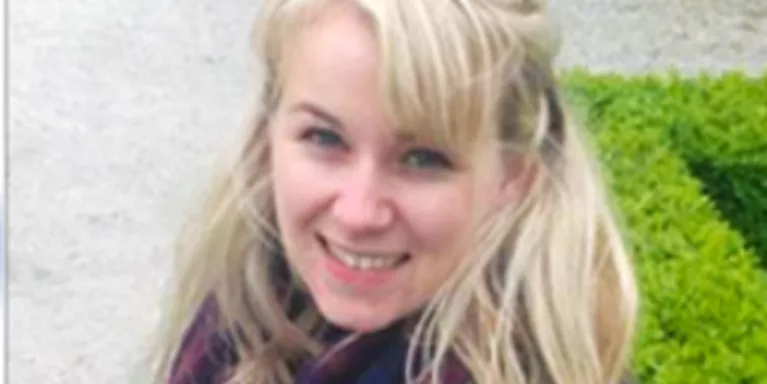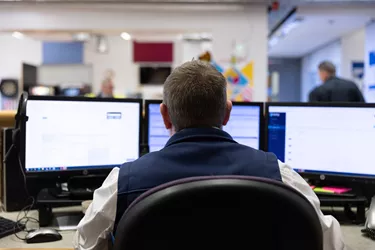Being a GP and managing my mental health
Its two years since Dr. Simon first contributed to our Find the Words Campaign. In this blog Simon tells us about how he’s been managing his mental health at work since then.
Simon is a GP in a busy inner-city practice. Mae Simon yn feddyg teulu mewn meddygfa brysur yng nghanol dinas.
I'm a GP Partner in an inner-city 8,500 patient practice, which serves a broad mix of people of all backgrounds and nationalities, especially the homeless.
In October I needed to be signed off work for a severe depressive episode, which required an emergency referral to my Community Mental Health Team. I had fallen unwell following a great deal of pressure.
"Issues with keeping up with appraisal requirements had put my revalidation as a doctor in jeopardy and pressures from my day to day workload had made the job more stressful than ever."
As a result, I made an unwise decision to reorganise the appointments system without properly consulting my colleagues and staff, which had worsened instead of improved the work.
As a result of the referral to the Community Mental Health Team I made big changes to my work and my mental health treatment.
"My colleagues were supportive and understanding. Although I took as little time off as I could, they were patient with my recovery and allowed me time to get back on schedule by reducing the amount of patients I saw."
The changes I made were eventually accepted by the practice and we recruited paramedics to assist us with seeing patients as we are always short-staffed (something which has now been copied by other GP practices).
My medication was changed and I went from being on one antidepressant to being on two, then supplementing with buspirone (an anxiety medication), then changing one of my medications to another and, eventually, going back to one medication.

The most helpful thing to come out of the assessment was a diagnosis of an Autistic Spectrum Condition. My psychiatrist performed a thorough assessment and I was referred to a psychiatric occupational therapist who made some very practical suggestions.
These were things like getting a smart watch which has helped with my organisation immensely, and self-referring to Access to Work, a service funded by the DWP to help people with disabilities function better in work. They too assessed me and have made recommended for assistive software and workplace training for me and my colleagues.
I have attended a support group with a great local organisation Autistic Spectrum Connections Cymru which has given me great insight into my condition and provided me with contacts of others with the same diagnosis. We talk about work and parenting, and how our autistic spectrum conditions impact us. ASCC will also be providing me with my workplace support.
"No one likes to get ill, but sometimes mental illness can be a turning point to see what is going wrong in life."
For me, my illness has resulted in my practice finding innovative ways to deal with the non-stop pressure of my work. It’s also given me insight in the differences in my brain that can be both a blessing (a greater attention to detail, for instance) and a challenge (more likely to be anxious and have problems with organisation).
"Some might be surprised I am as candid as I am about my mental health problems."
I have already talked about my diagnosis this openly with family, friends, colleagues and in the media. I am seeing a rise in doctors and healthcare professionals joining online communities and social media to share the burden of stress and mental health problems with one another, before we burn out. Speaking out about our mental health problems should be something we are all encouraged to do.


Information and support
When you’re living with a mental health problem, or supporting someone who is, having access to the right information - about a condition, treatment options, or practical issues - is vital. Visit our information pages to find out more.
Share your story with others
Blogs and stories can show that people with mental health problems are cared about, understood and listened to. We can use it to challenge the status quo and change attitudes.

















